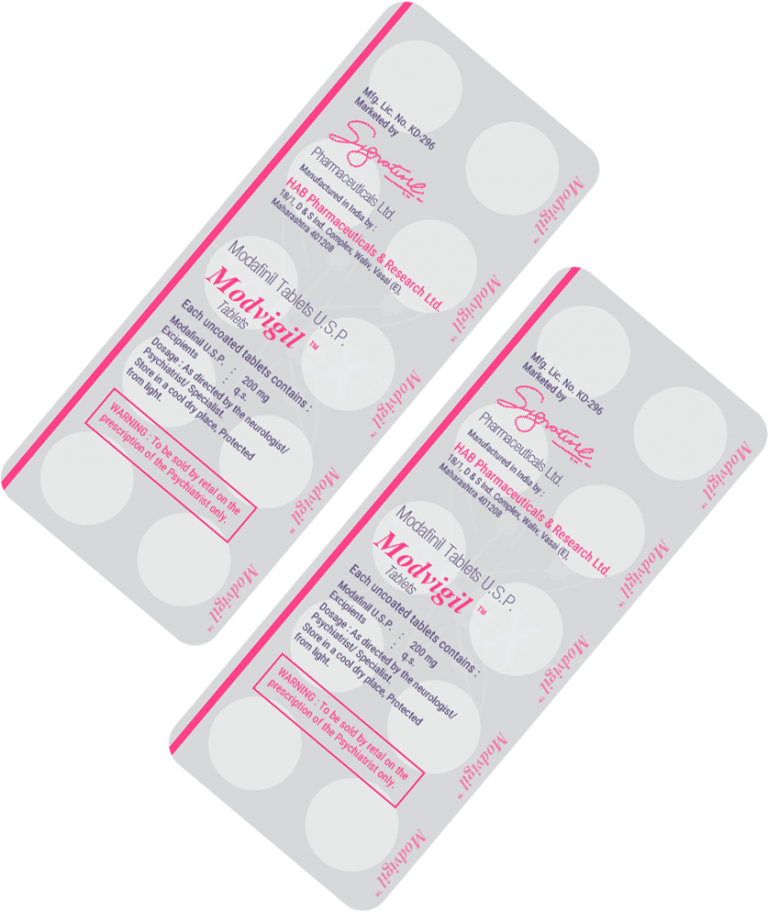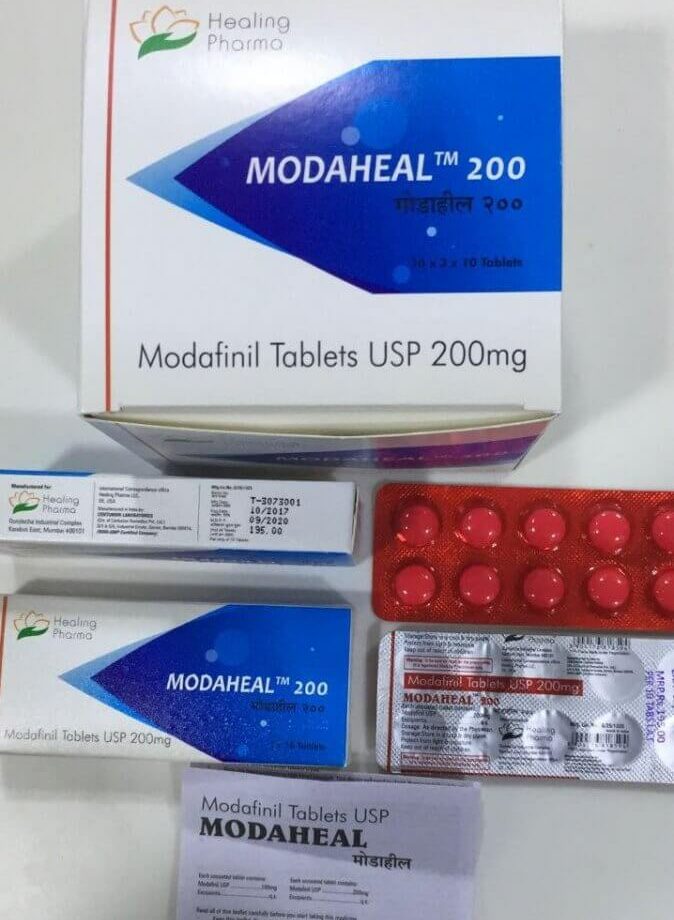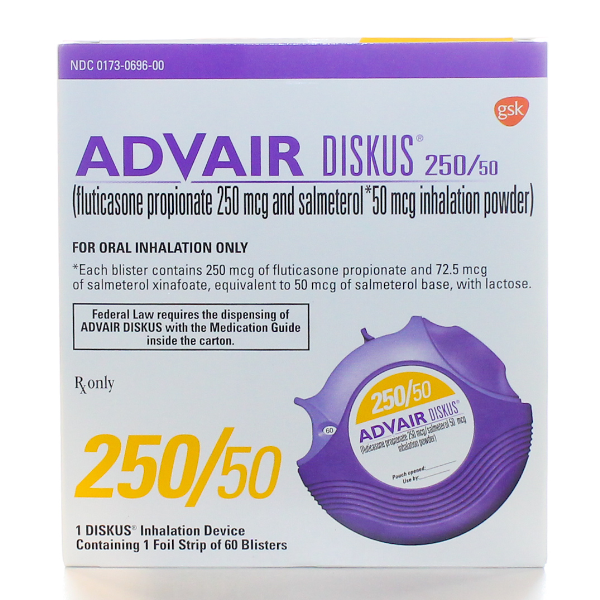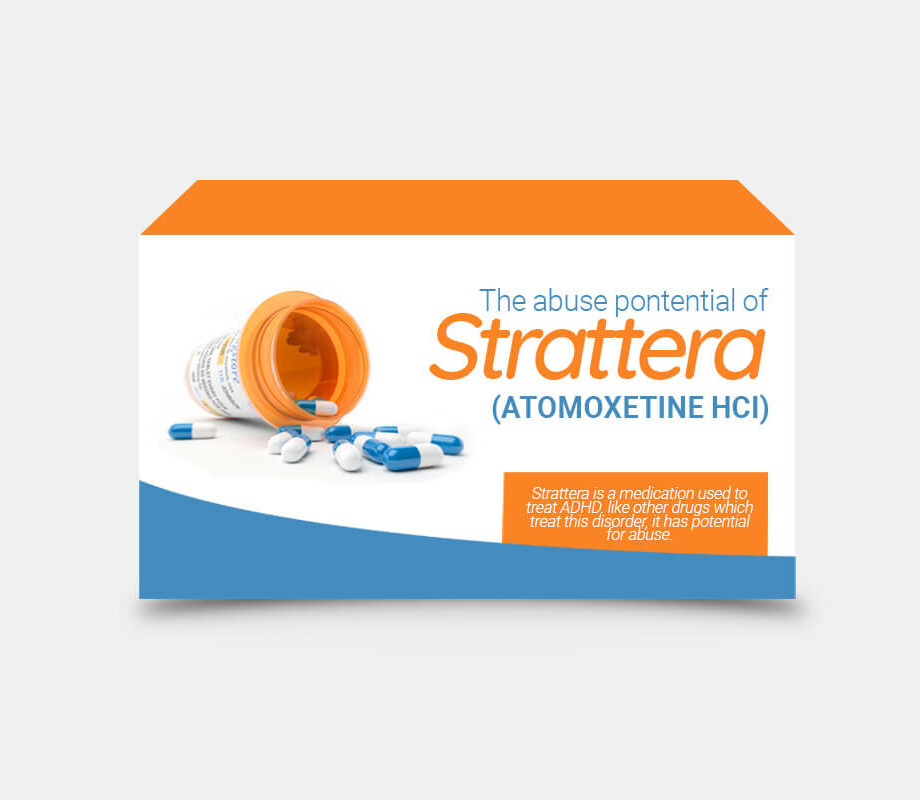How Does Crestor Work?
Crestor works by targeting and blocking the action of HMG-CoA reductase, an enzyme that plays a key role in the production of cholesterol in the liver. By inhibiting this enzyme, rosuvastatin decreases the production of cholesterol, particularly the harmful LDL cholesterol, and lowers triglycerides in the blood.
Crestor’s ability to reduce LDL cholesterol levels helps prevent the formation of plaque in the arteries, which is one of the leading causes of heart disease. It can also help increase HDL cholesterol levels, which helps to remove excess cholesterol from the bloodstream and reduce the risk of cardiovascular events such as heart attacks and strokes.
By controlling cholesterol, Crestor also reduces the risk of developing other cardiovascular issues, such as peripheral artery disease, and can help manage high blood pressure when combined with other treatments.
Uses
Crestor is primarily used to treat the following conditions:
- High Cholesterol: Crestor is commonly prescribed to lower LDL cholesterol in people with hypercholesterolemia (high cholesterol levels). Reducing LDL cholesterol is essential in managing heart disease risk.
- High Triglycerides: Crestor can lower triglyceride levels, another form of fat in the blood that contributes to cardiovascular diseases.
- Preventing Heart Disease: In individuals who have risk factors for heart disease, such as high cholesterol, high blood pressure, or diabetes, Crestor can help reduce the risk of heart attacks, strokes, and other cardiovascular events.
- Preventing Stroke and Heart Attack: For those who already have heart disease or have had a stroke, Crestor is used to lower the risk of future events.
- Familial Hypercholesterolemia: Crestor is also used in patients with familial hypercholesterolemia, a genetic condition that leads to extremely high cholesterol levels and an increased risk of early heart disease.
- Atherosclerosis: Crestor can help manage atherosclerosis, a condition where fatty deposits build up in the arteries, leading to narrowed and hardened arteries, thereby reducing blood flow.
Benefits
Crestor offers numerous benefits to individuals with high cholesterol or other cardiovascular risk factors. Some of the key benefits include:
- Lowering LDL Cholesterol: Crestor effectively reduces harmful LDL cholesterol levels, which helps to lower the risk of heart disease and stroke.
- Improving HDL Cholesterol: In some cases, Crestor can help increase the levels of HDL (good) cholesterol, which helps remove excess cholesterol from the body.
- Reducing Triglycerides: It lowers triglyceride levels, which further reduces the risk of heart disease and associated complications.
- Decreasing Risk of Heart Attack and Stroke: By managing cholesterol levels, Crestor significantly reduces the likelihood of heart attacks and strokes, particularly in individuals at high risk due to factors like high cholesterol or a family history of heart disease.
- Management of Atherosclerosis: By reducing cholesterol and plaque buildup in the arteries, Crestor helps to slow the progression of atherosclerosis, improving overall cardiovascular health.
- Supporting Long-Term Heart Health: Regular use of Crestor can contribute to long-term heart health, lowering the risk of complications related to high cholesterol.
Side Effects
Like any medication, Crestor can cause side effects. However, not everyone will experience them, and the benefits of taking Crestor often outweigh the potential risks. Some of the common side effects include:
- Muscle pain or weakness: A rare but serious side effect can be muscle pain, tenderness, or weakness (myopathy), which should be reported to a doctor immediately.
- Headache: Some users may experience headaches when taking Crestor.
- Stomach upset: Nausea, constipation, and abdominal pain may occur.
- Liver enzyme abnormalities: Crestor can sometimes cause increased liver enzymes, which may indicate liver damage. Regular blood tests are necessary to monitor liver function during treatment.
- Rash or allergic reactions: Some people may experience skin rashes, itching, or other signs of an allergic reaction.
- Fatigue: Some users report feeling tired or weak.
- Joint pain: Musculoskeletal pain is a common side effect of statins.
Recommendations for Use and Safety Precautions
- Dosage and Administration: Crestor is typically taken once a day, with or without food. The dosage is adjusted according to the individual’s condition, cholesterol levels, and response to the medication. It is important to follow the doctor’s instructions and not adjust the dose without consulting a healthcare provider.
- Avoid Alcohol: Excessive alcohol consumption can increase the risk of liver damage when taking Crestor. It’s best to limit alcohol intake while using this medication.
- Liver Function Monitoring: Regular blood tests should be done to monitor liver function and check for any potential liver damage.
- Pregnancy and Breastfeeding: Crestor should not be used during pregnancy or breastfeeding due to potential risks to the fetus or infant. If you are pregnant or planning to become pregnant, consult your doctor before starting treatment with Crestor.
- Kidney Function: People with impaired kidney function should be cautious when using Crestor. Lower doses may be required in such cases.
- Interactions with Other Medications: Crestor can interact with certain medications, such as other cholesterol-lowering drugs, blood thinners, and immunosuppressants. Always inform your healthcare provider about all other medications and supplements you are taking.
- Discontinuation: If you experience significant side effects, such as muscle pain or weakness, notify your doctor immediately. In some cases, Crestor may need to be discontinued or adjusted.
Frequently Asked Questions (FAQs)
What is Crestor used for?
Crestor is used to lower high cholesterol levels, reduce triglycerides, and prevent heart disease and stroke in individuals at risk.
Can I stop taking Crestor if I feel fine?
Do not stop taking Crestor without consulting your doctor. Discontinuing the medication can result in an increase in cholesterol levels and an increased risk of heart disease.
Can Crestor cause muscle pain?
Yes, muscle pain or weakness is a known side effect of Crestor, and it should be reported to a doctor if experienced.
How long does it take to deliver Crestor to the US?
International shipping of tablets to the US takes approximately 14 to 25 days. For domestic shipping, the estimated delivery time is up to 10 days.
Do I need a prescription to buy Crestor?
While we offer the option to buy tablets without a prescription internationally, we strongly recommend consulting your physician and seeking medical advice before taking any medication.
Important Note:
Purchasing Crestor online from USA-Pharmacy is simple and secure for US customers. It accepts trusted payment methods like Visa, Mastercard, and PayPal, which protect transactions and keep information safe. Customers benefit from guaranteed delivery, with a full refund offered if orders do not arrive as expected, fostering trust in online medication purchases. Responsive customer support is available via email at [email protected], typically responding within 48 hours to any medication or order status questions.







